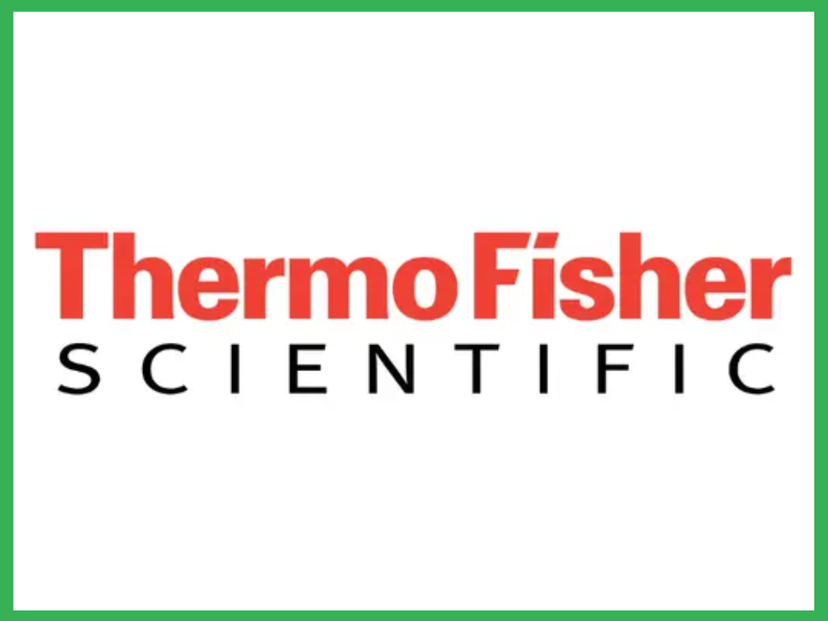Thermo Fisher Scientific utilizes NGS technology to advance myeloid cancer research and treatment
myeloMATCH precision medicine clinical trial leverages next-day genomic testing to quickly match patients with appropriate trials across North America
12 Aug 2024
To help accelerate research into new treatments for acute myeloid leukemia (AML) and myelodysplastic syndrome (MDS), Thermo Fisher Scientific Inc., is partnering with the National Cancer Institute (NCI) – part of the National Institutes of Health – on the myeloMATCH (Molecular Analysis for Therapy Choice) precision medicine umbrella trial.
By testing a patient's bone marrow and blood for certain genetic biomarkers using Thermo Fisher’s next-generation sequencing (NGS) technology, clinical sites can more quickly match patients with an appropriate clinical trial that tests a treatment designed to target specific mutations present in the samples.
The study aims to complete genomic testing and deliver complete results within a few days across testing modalities to help quickly enroll patients into specific sub-studies based on their biomarker profile at time of diagnosis. As the first turnkey NGS solution that automates the specimen-to-report workflow designed to deliver results in a single day with just two user touchpoints, the Ion Torrent™ Genexus™ System will help accelerate the process of matching patients with appropriate clinical trials.
myeloMATCH will be open in the U.S. and Canadian sites of the NCI National Clinical Trials Network, which includes more than 2,200 sites. Further, the NCI’s Division of Cancer Treatment and Diagnosis has developed cooperative research and development agreements with many pharmaceutical companies that will provide different drugs to support myeloMATCH. By conducting multiple treatment sub-studies specific to genomic types, myeloMATCH may help fuel the development of promising new therapies.
Patient samples will be sequenced in the myeloMATCH Molecular Diagnostics Laboratory Network (MDNet) using the Genexus System and reagents along with the Oncomine-based NCI Myeloid Assay as part of an approved Investigational Device Exemption (IDE) to assign participants to myeloMATCH treatment studies and has received Investigational New Drug authorization by the U.S. Federal Drug Administration. The MDNet sites at the Molecular Characterization Laboratory, part of the Frederick National Laboratory for Cancer Research, and the Fred Hutchinson Cancer Center in Seattle, Washington, are funded by NCI for this activity.
Dr. Harry P. Erba, Chair of the Southwest Oncology Group (SWOG) Leukemia Committee and co-chair of the myeloMATCH Senior Science Council, commented, "myeloMATCH breaks new ground in many ways, not least by assembling a portfolio of sub-studies to treat patients with specific subtypes of AML and MDS through all stages of their treatment journey. Many more treatment options are available for people with AML and MDS than just 5–10 years ago, and many more targeted therapies are being developed. However, to choose the best treatment option for our patients requires knowledge of the genetic changes that underly the disease, which vary between patients. This information is needed quickly in order to begin effective therapy for very aggressive cancers. Our partnership with Thermo Fisher allows us to obtain the required genomic profiling rapidly and begin therapies specific for each subtype of the disease."
Want the latest science news straight to your inbox? Become a SelectScience member for free today>>
